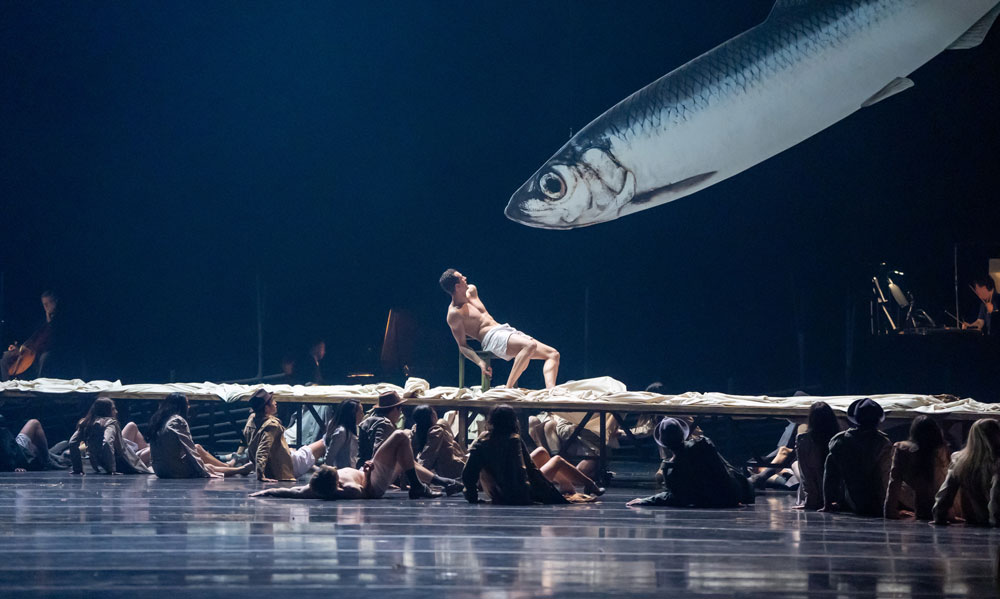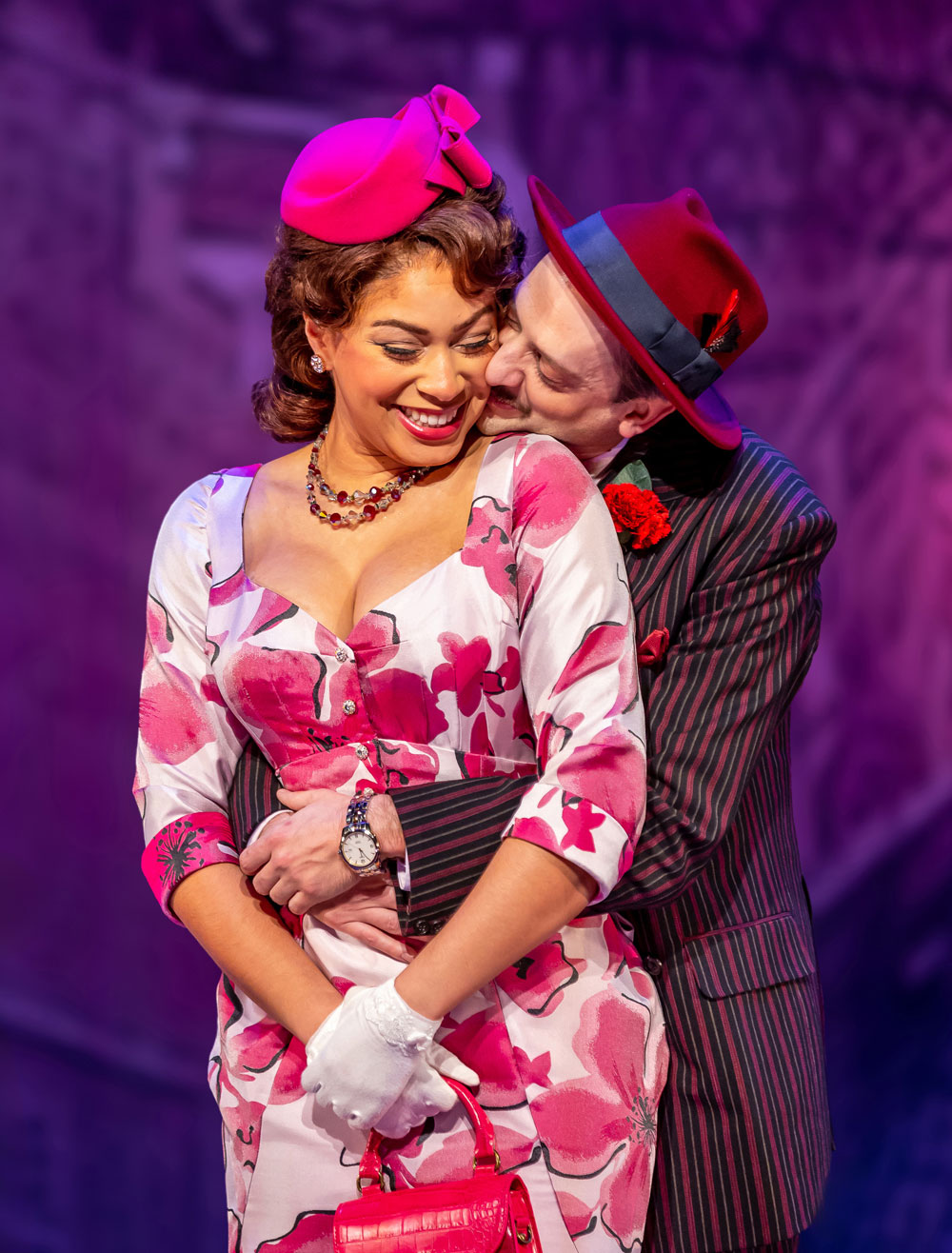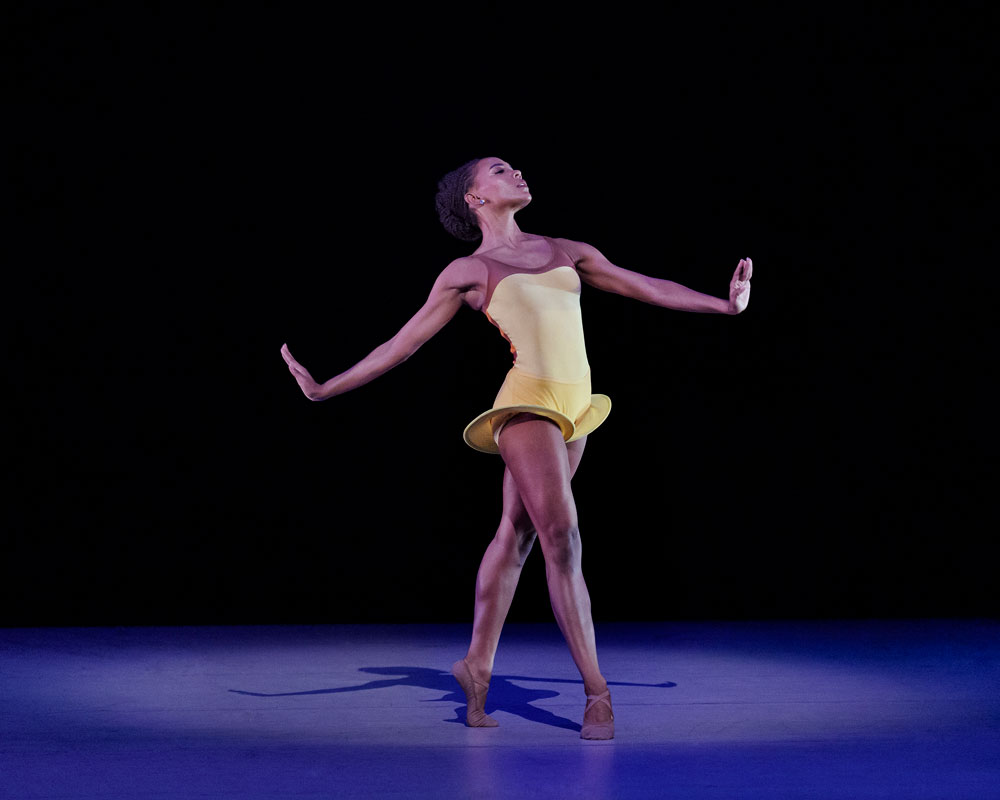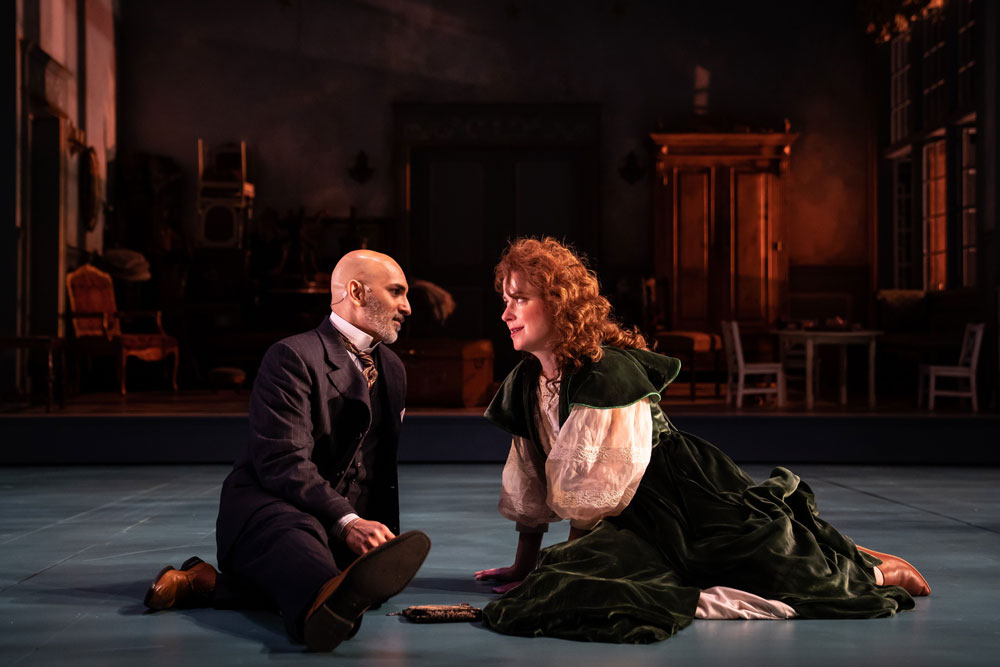
One of those stories that doesn’t sit neatly in any camp, The Cherry Orchard seems content simply existing as a marvel. Written in 1903 by the great Russian playwright and storyteller Anton Chekhov, its age alone might dampen the curiosity of some. How, they might wonder, could something so far removed from the present be of interest to people today? Unlike the issues we contend with from generation to generation, we as people do not undergo fundamental change. Our hopes, fears and needs have remained astonishingly constant across time. Few storytellers mine what connects us to one another or expresses the breadth and vulnerability of our humanity with the brilliance of Chekhov.
Intended as a comedy, Chekhov’s goal for The Cherry Orchard was to amuse. As we see in the current Goodman production of the play, he succeeds spectacularly. But there’s another underlying message beneath the laughter. One that examines how we respond to dramatic change and digs into how that change alters relationships, the future and our perceptions of the past. A master at exquisitely portraying human character, Chekhov’s offers a feast of empathy and understanding in this story chronicling one family’s fall from grace.
The detachment surrounding Lyubov Ranevskaya (Kate Fry) and her circle couldn’t be more enviable. Despite being constantly contradicted by reality; she, her family and her extended entourage live in a fantasy world free of care. The aristocratic matriarch of an imposing estate, neither breeding or temperament allow her to accept that her land and home are under threat of being auctioned off to settle steadily rising debt.
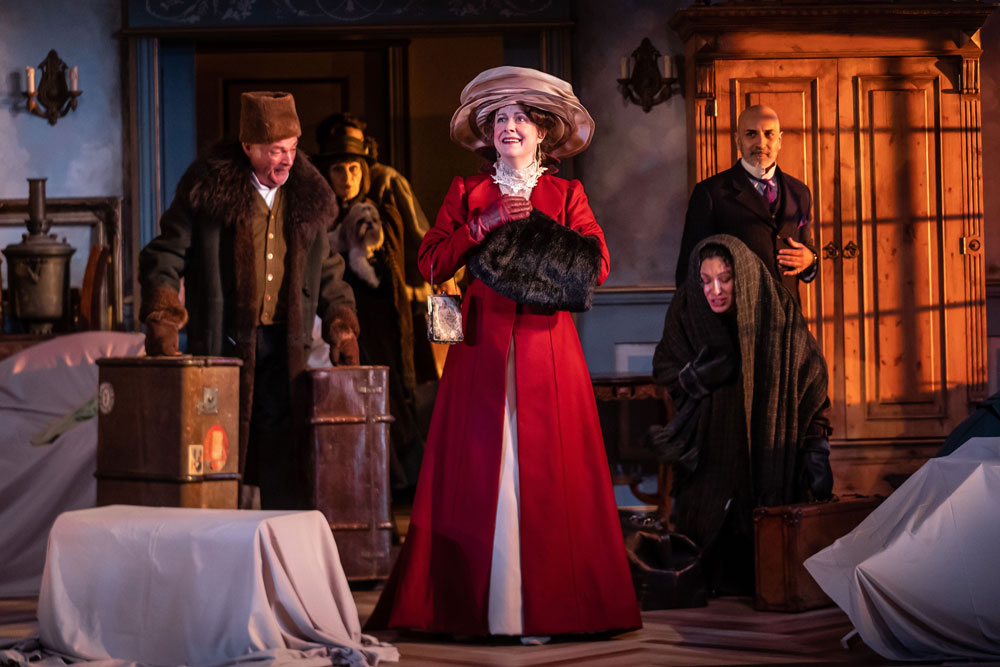
If she’d listen, a savior was pleading with her to recognize the seriousness of her predicament and make reasoned decisions. Yermolai Lopakhin (Kareem Bandealy), a businessman whose family once worked on the estate, may not have been lettered, but he’d proven his aptitude for accumulating wealth. Looking decades into the future, he foresaw how Lyubov could capitalize on the value of her land by clearing the cherry orchard and building rental cottages for summer tourists. He pushed the recommendation so often it became a mantra that was blithely ignored every time it was offered. Sentimentality for the orchard overrode its value for generating needed income.
Considering the nature of his ties to the estate, Lopakhin’s advice could be thought magnanimous. His grandfather had been a serf on the property; a standing comparable to slavery. Russia of the 18th and 19th century was like many societies of the period. Divisions in status were unbending and dictated the tenure of all interactions. When Chekhov completed The Cherry Orchard, the rigidity of Russia’s caste system was weakening. That change, along with Lopakhin’s entrepreneurial success, narrowed the distance between him and the Ranevskaya’s who once owned his forebears. He personally may not have taken pleasure in the declining plight of a noble family, but the residue of those darker times still managed to cover nearly every aspect of the production. Like those he served, Firs (Francis Guinan), the house butler at the estate, could barely fathom the dramatic shifts surrounding him. At 87 and entrenched in the order of the old system, he drew purpose and satisfaction from serving. An old man with an edge, he could also lean into the cantankerous by exclaiming that he “was the only one who did any work around here”.
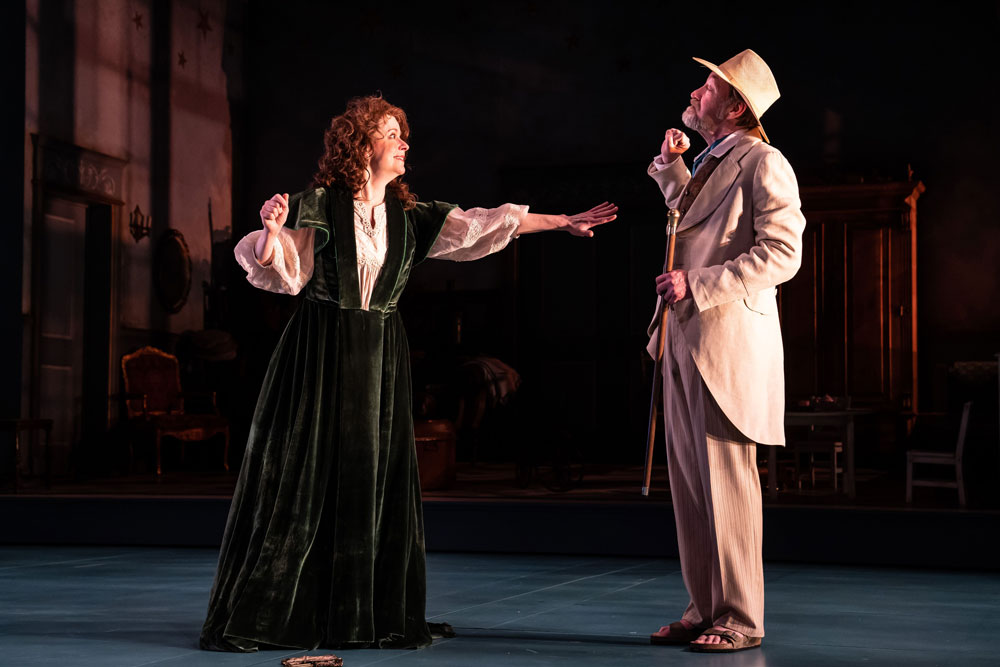
Through the plot alone, it’s easy to see why so many people consider The Cherry Orchard a drama. A fact Chekhov himself found disconcerting. What he wrote was something funny enough to, at times, slide playfully into farce. Judging from the laughter and steady flow of chuckles bubbling through the theater, the audience understood his original intent. It’s that uncanny way drama and humor mesh that makes The Cherry Orchard so fascinating and enjoyable. Through their own reaction to the play’s essence, the director decides which dynamic to emphasize. As this project testifies, the rewards of rising to such a challenge and committing to your choice can be immense.
Artistic Director at the Goodman since 1986, Robert Falls has enjoyed generous accolades for his work on countless performances. The many he’ll doubtless receive for The Cherry Orchard, his final directorial effort before ending his long tenure at the Goodman, will be well deserved. The prowess and vision displayed in his interpretation of Chekhov border on humbling.
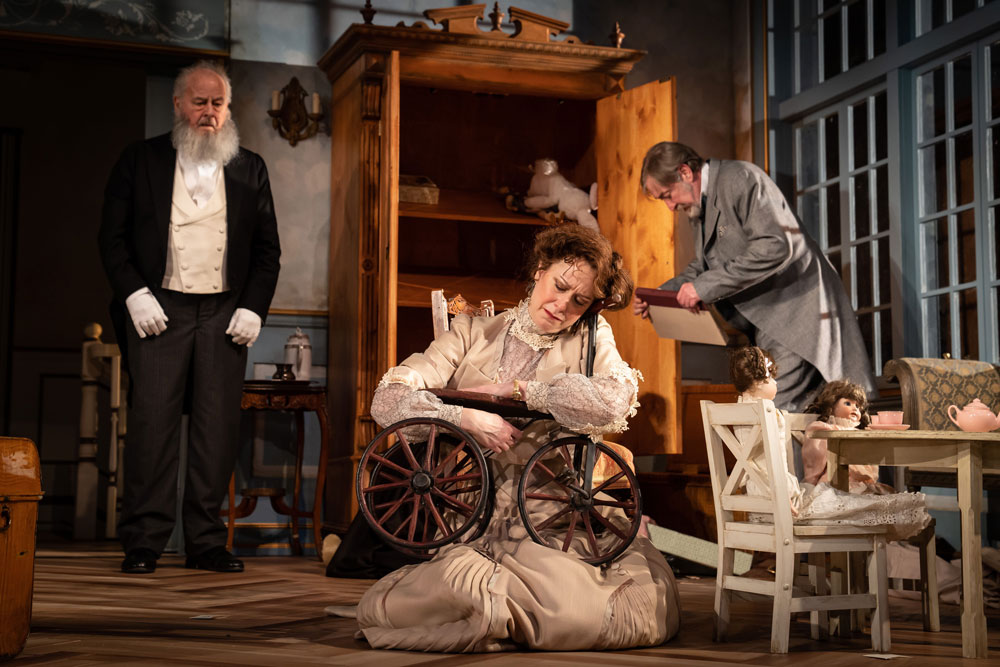
As a writer, Chekhov revels in the uniqueness of individuality. Because he recognizes we all navigate the world with our flaws and eccentricities as well as our gifts, he draws his characters without judgment. This allows us to reach our own conclusions about how we feel about them. With such a large cast, The Cherry Orchard overflows with the untidy realities of the human condition, making it a rich soup of discovery. Stir in prodigious talent and you’re left with an infinitely transfixing experience. Despite what appears to be careless intransigence, Fry’s portrayal of Lyubov makes us empathize with her unwillingness to do the thing that will save her family. Rather than compromising his appeal, Bandealy’s pragmatism and complexity make him someone we can comprehend and sympathize. Together they kept the course of the play steady and sure. Color, fire and all that tantalizes came from the supporting cast. None could touch the flair of Charlotta (Janet Ulrich Brooks). Governess to Anya (Raven Whitley), Lyubov Ranevskaya’s daughter, her side gigs were much more interesting and provocative than her formal duties. Magician, ventriloquist and endlessly enigmatic, Charlotta was a source of brooding mystery and immediate delight whenever she entered the fray with lines or moved to the center of the action. Comparable compliments could be showered on the entire ensemble. Ana Kuzmanic’s luxurious costumes and Todd Rosenthal’s spare but evocative set created the ideal palette for the presentation of stellar theater.
The Cherry Orchard
Through April 30, 2023
Goodman Theatre
170 N. Dearborn Street
Chicago, IL 60601
